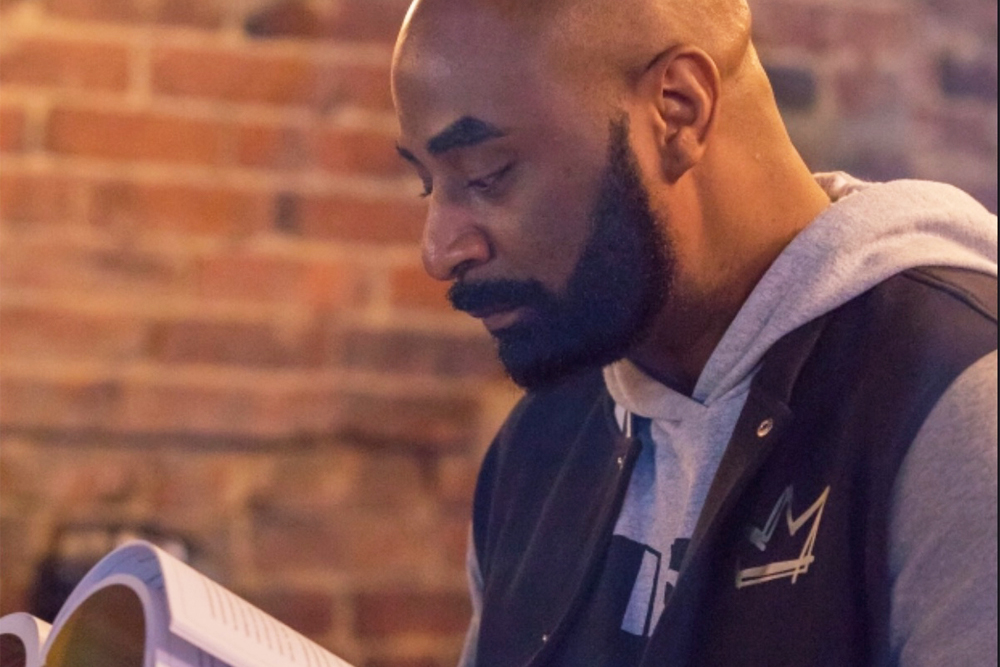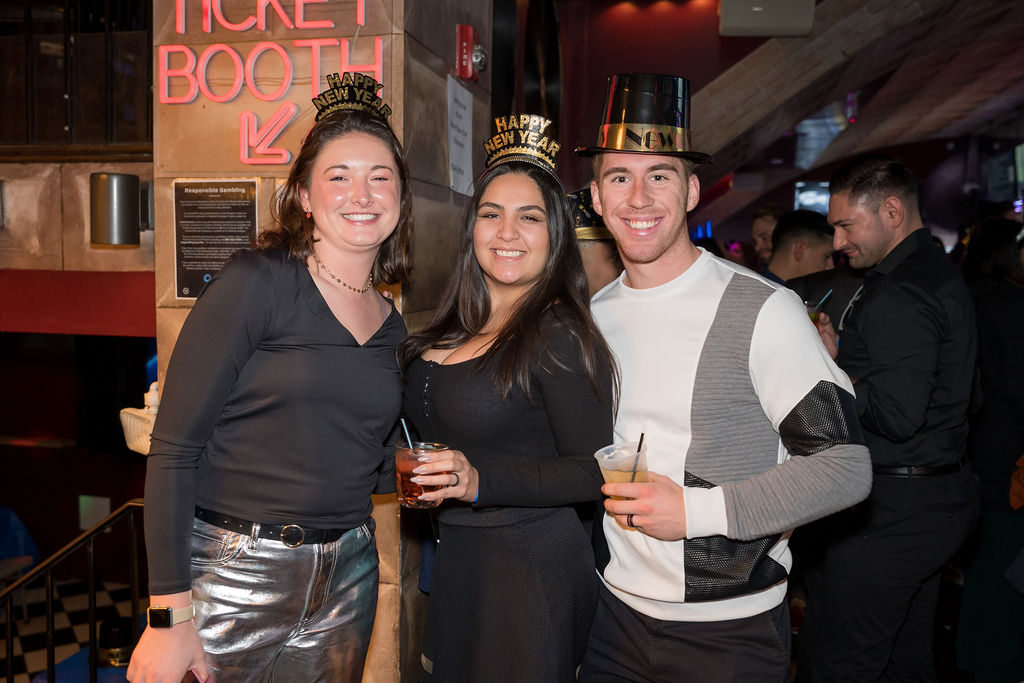Culture
 Rasheed Hamid. Photo courtesy of subject.
Rasheed Hamid. Photo courtesy of subject.
Gay, Black + Muslim: Coming Out with Rasheed Hamid
July 24, 2020 @ 12:39pm
Rasheed Shakur Hamid’s story is unique, but it resonates with anyone who has faced adversity, doubted themselves or struggled to be accepted. Hamid, a Washington, D.C. native, grew up in a Muslim household with his two older brothers. As a gay, Black, Muslim in the 90s, Hamid didn’t believe he would ever find a way to share his true identity. All of that changed when he self-published his first autobiographical account in January 2019. Hello My Name Is chronicles Hamid’s journey from prom night in 1996 onward as he navigates life in the closet, and, after, when, at age 40 he finally comes out to the world. After quitting his job and spending a year traveling, Hamid returned home to D.C. where he was ready to show others that amid all of life’s challenges, and even in 2020, there is hope.
District Fray: You spent the majority of your life hiding your story. What made you decide to write a book that reveals it in devastating detail?
Rasheed Hamid: I remember writing this, a seven-, eight-year-long journal; this was never intended to be a book. It was a form of therapy for me. It was a vehicle to express what I had been through, because for me therapy had failed on more than one occasion. It was the death of [my partner] Darryl that really followed me around. I think in the book I even say, I was dating a dead guy for a few years, and I took him from relationship to relationship. And I would hear over and over, you need to write that down. And I remember at the time thinking, ‘there is no way I’m telling anyone.’ But then of course, I grew older and more experienced, and just more mature and then I realized that everybody had a shit story. So we can sit around and exchange horror stories, how we got to where we are. And that’s really how the book was birthed.
Why did you choose to self-publish and what was that process like?
I had no idea what I was doing and I chose self-publishing out of fear. I chose self-publishing because I knew that if I gave myself another task of shopping it around, [it might not happen]. I was also terrified that someone was going to chop it up. Because at the core of it, it’s a diary. It’s all very raw and in your face. I think that the beauty of what happened with that first edition being so hideous is that it spoke to the testimony of, ‘Here’s the guy who just wrote a book about himself and hit print. He had no idea what he was doing.’ And I would never in a million years undo it. There was something so satisfying and so freeing in having the power, in that button and in myself. I quit [my job] and I published the same day, and then it happened. People started buying it. This thing happens when you hit publish that you know is gonna happen but then you’re like, “Holy shit. I can’t do this. All it takes is one copy, one person and then it’s out there forever.” And then you have this moment like, “Oh my god, I really just told my entire story, and there’s no mask.”
How have people responded and what have you learned from your interactions with readers?
I started getting messages from people that I didn’t know. And I would get messages like, “My little brother came out last year. And this book was perfect for him.” Or, “I am a heterosexual woman, and I’ve seen so much of myself and my story in this.” And, I mean these aren’t cousins or old friends. These were complete strangers. And I was terrified that my father was going to read the book. I had this very emotional moment with him. He’s a very old-school, Black Republican, veteran, the total opposite [of me]. And he said, “How are the book sales going?” And I was like, “You know what dad, I really think I’ve tapped into something. I’ve managed to reach people that I didn’t know. I didn’t account for this moment where a stranger would read it, and it would touch somebody.” And I will never forget, my dad looked at me and said, “Of course Rasheed, you have a voice. Of course somebody would resonate with it.”
What is your advice for people who, even and especially in 2020, are still struggling with their identity?
Everybody’s situation is so unique. Everybody’s situation is so personal. And I’d like to think that we have come much further in terms of strides of acceptance. And I don’t even like the phrase of acceptance, because I don’t really need to be accepted by anybody, I just want to be equal. I just want to be treated equally and with respect. And every time I think that we live in a world we’re getting closer to that, of course the world tells me that we’re not. But the only thing that I can say to that is, every single person’s voice is so important. Your unique story is so important, because at the end we’re all just really intertwined. We really are… we’re just sharing this blue ball. And I don’t have to think like you think; I don’t have to pray like you pray; and I certainly don’t have to understand your sexual desires and what you do behind closed doors. But you are a fellow sharer of the planet, and you do not have to be silent.
Rasheed Hamid is currently re-releasing Hello, My Name Is, and is working on his follow-up book. A native of Washington, D.C., he now splits his time between D.C. and Lancaster, PA. For more information, visit his page at rasheedhamid.com.








